"Three Wards and Seven Alleys" (three ward and seven alleys) is a famous old town, considered a traditional cultural symbol of Fuzhou city, Fujian province, southeastern China.
![[Photo] Explore](https://vstatic.vietnam.vn/vietnam/resource/IMAGE/2025/1/20/4d810947ead14515b013c9e9cfadd898) |
| The tiled roofs are typical of the "three wards and seven alleys". (Photo: XINHUA) |
This is a unique architectural complex, preserved after the relocation and reconstruction of the ancient citadel of Fuzhou, ranked as a tourist area and historical relic of level 5A (highest) in China.
![[Photo] Explore](https://cdn.vietnam.vn/wp-content/uploads/2023/05/Kham-pha-ba-phuong-bay-ngo-o-Phuc-Kien-Trung.jpg) |
| The tiled roofs are typical of the "three wards and seven alleys". (Photo: XINHUA) |
"Three Wards and Seven Alleys" was formed during the Jin-Tang Dynasty, more than 1,000 years ago, and was home to the nobility and mandarins of the time; it reached its peak during the Qing Dynasty to the early 20th century.
![[Photo] Explore](https://image.nhandan.vn/w2000/Uploaded/2023/mxqddqdwp/2023_05_22/微信图片-20230522092630-589.jpg) |
| Many tourists come to visit the tourist spot considered the symbol of Fuzhou city. |
Currently, the entire "three wards and seven alleys" area still has 270 ancient houses, of which 159 ancient houses are included in the list of preserved architecture. The "three wards and seven alleys" architectural complex has been recognized by the State Council ( Government ) of China as a key historical relic of the whole country.
![[Photo] Explore](https://image.nhandan.vn/w2000/Uploaded/2023/mxqddqdwp/2023_05_22/微信图片-20230522093507-239.jpg) |
| A shop selling traditional handicrafts in "three wards and seven alleys". |
The reason it is called "three wards and seven alleys" is because the entire architectural complex is made up of "three wards", including: Y Cam, Van Nho and Quang Loc, all of which were places where mandarins and scholars lived in feudal dynasties in China; "seven alleys", including: Duong Kieu alley, Lang Quan alley, Thap alley, Hoang alley, An Dan alley, Cat Ti alley and Nam Hau street.
![[Photo] Explore](https://image.nhandan.vn/w2000/Uploaded/2023/mxqddqdwp/2023_05_22/微信图片-20230522093514-1515.jpg) |
| The entrance to Nam Hau Street - the main axis of "three wards and seven alleys". |
Of which, Nam Hau street is about 1,000m long, is the main axis, connecting with all "three wards and seven alleys", is the main commercial area of the ancient city of Phuc Chau, with the trade of salt, rice, oil, firewood as well as supplying other necessities.
![[Photo] Explore](https://image.nhandan.vn/w2000/Uploaded/2023/mxqddqdwp/2023_05_22/微信图片-20230522092309-8317.jpg) |
| Female tourist with traditional umbrella. |
In the "three wards and seven alleys", it is not difficult to come across "office treasures" shops, including: pens, ink, paper, inkstones or books, tools serving the "studying hard" of ancient scholars.
![[Photo] Explore](https://image.nhandan.vn/w2000/Uploaded/2023/mxqddqdwp/2023_05_22/微信图片-20230522091938-1436.jpg) |
| Small souvenirs with traditional motifs are very popular. |
With a history of more than 2,200 years, Fuzhou city possesses many rich cultural resources and landmarks, with historical stories associated with the land and people here.
![[Photo] Explore](https://image.nhandan.vn/w2000/Uploaded/2023/mxqddqdwp/2023_05_22/微信图片-20230522092552-2377.jpg) |
| Artisan reenacts pounding pork roll - a traditional craft classified as intangible cultural heritage of "three wards and seven alleys". |
![[Photo] Explore](https://image.nhandan.vn/w2000/Uploaded/2023/mxqddqdwp/2023_05_22/微信图片-20230522093521-2279.jpg) |
| A corner of "three wards and seven alleys". |
In which, "three wards and seven alleys" can be considered a miniature picture of the ancient city of Fuzhou, a traditional cultural symbol of the land that brings luck and happiness, the famous "Province of Happiness" in China.
Source









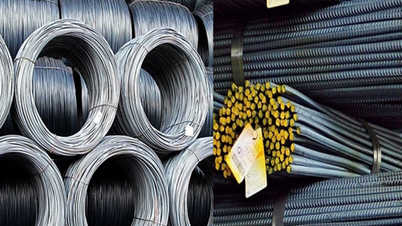
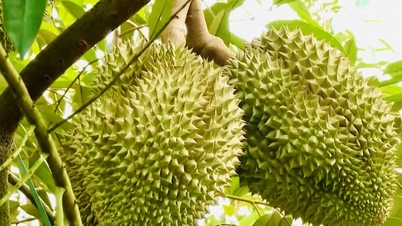


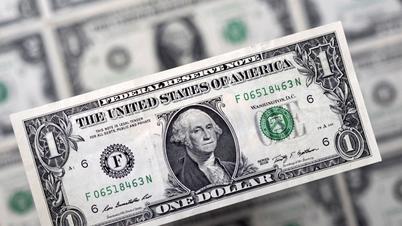





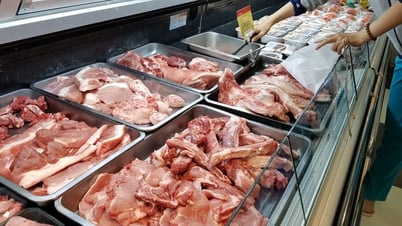
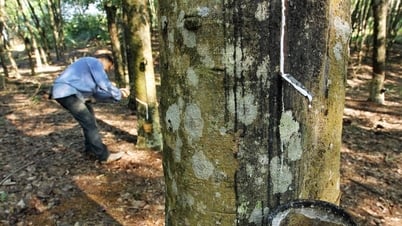
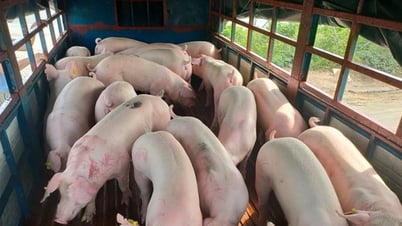
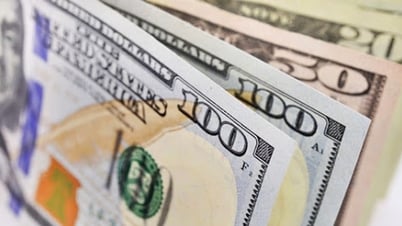



























![[Maritime News] Wan Hai Lines invests $150 million to buy 48,000 containers](https://vphoto.vietnam.vn/thumb/402x226/vietnam/resource/IMAGE/2025/6/20/c945a62aff624b4bb5c25e67e9bcc1cb)









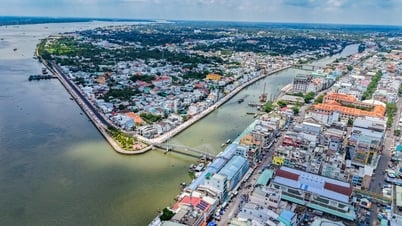








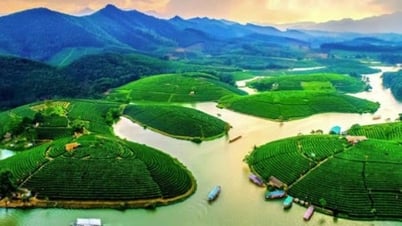
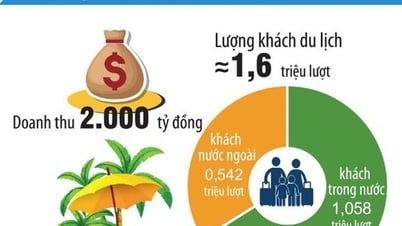
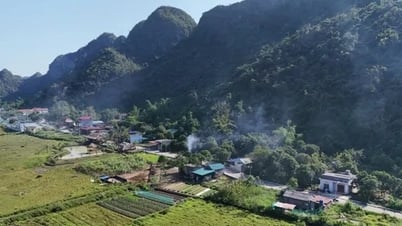
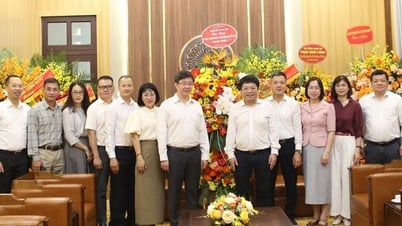

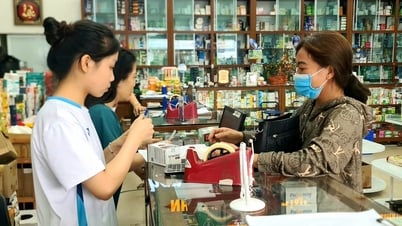

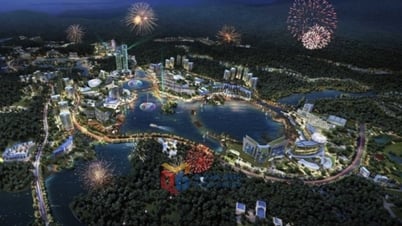

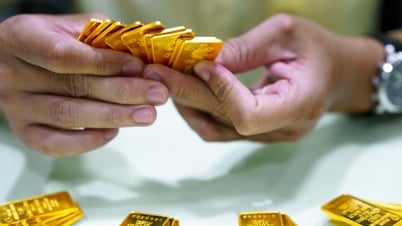


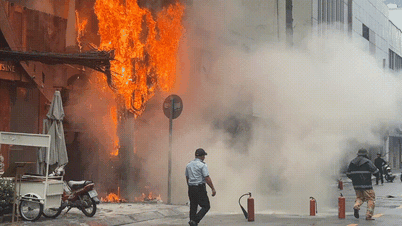
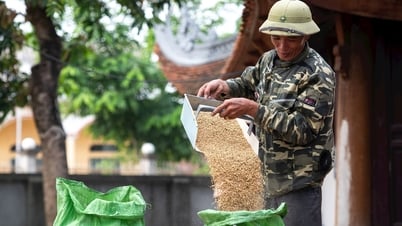











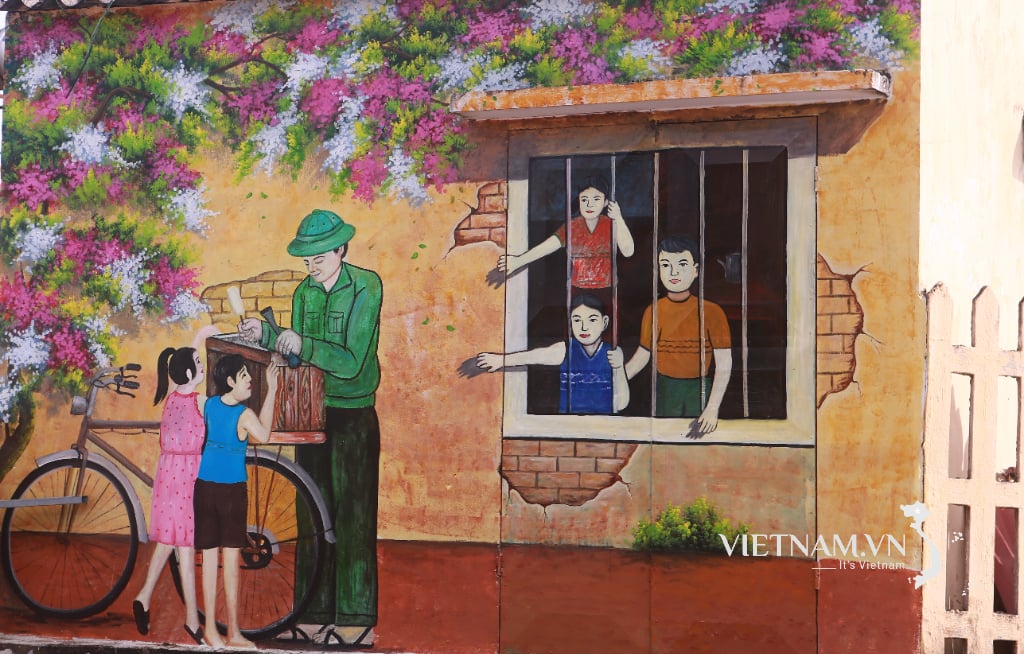

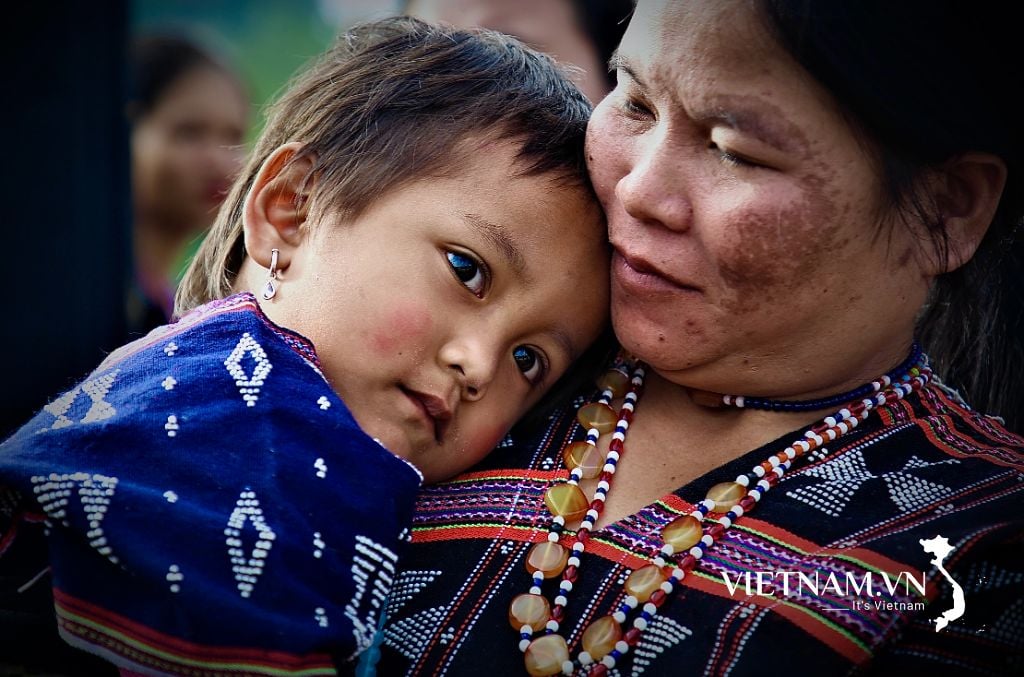
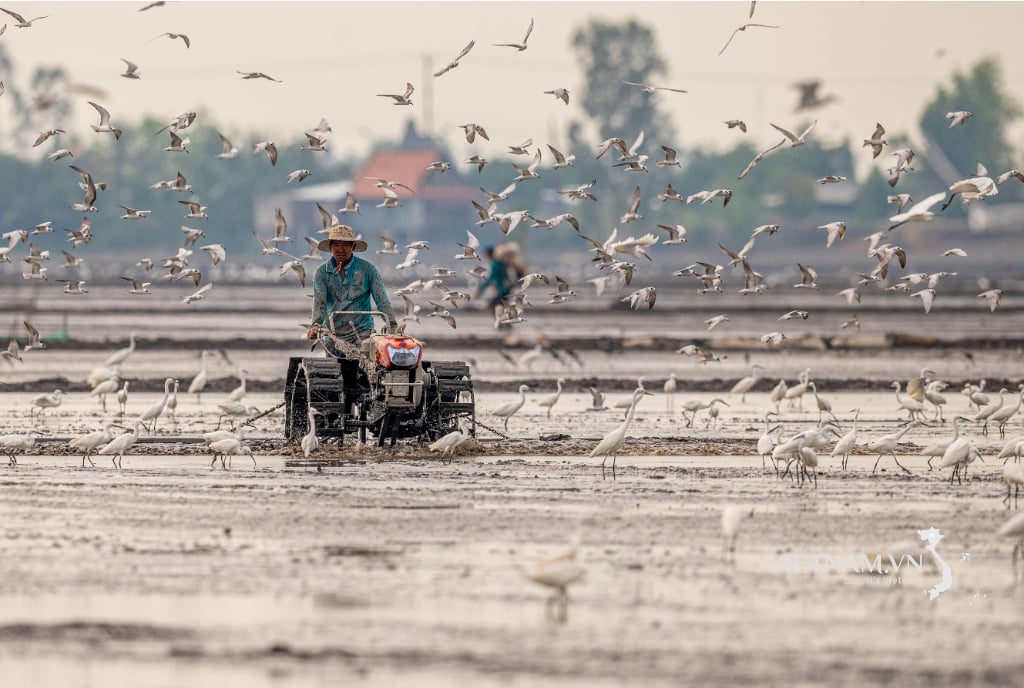
Comment (0)